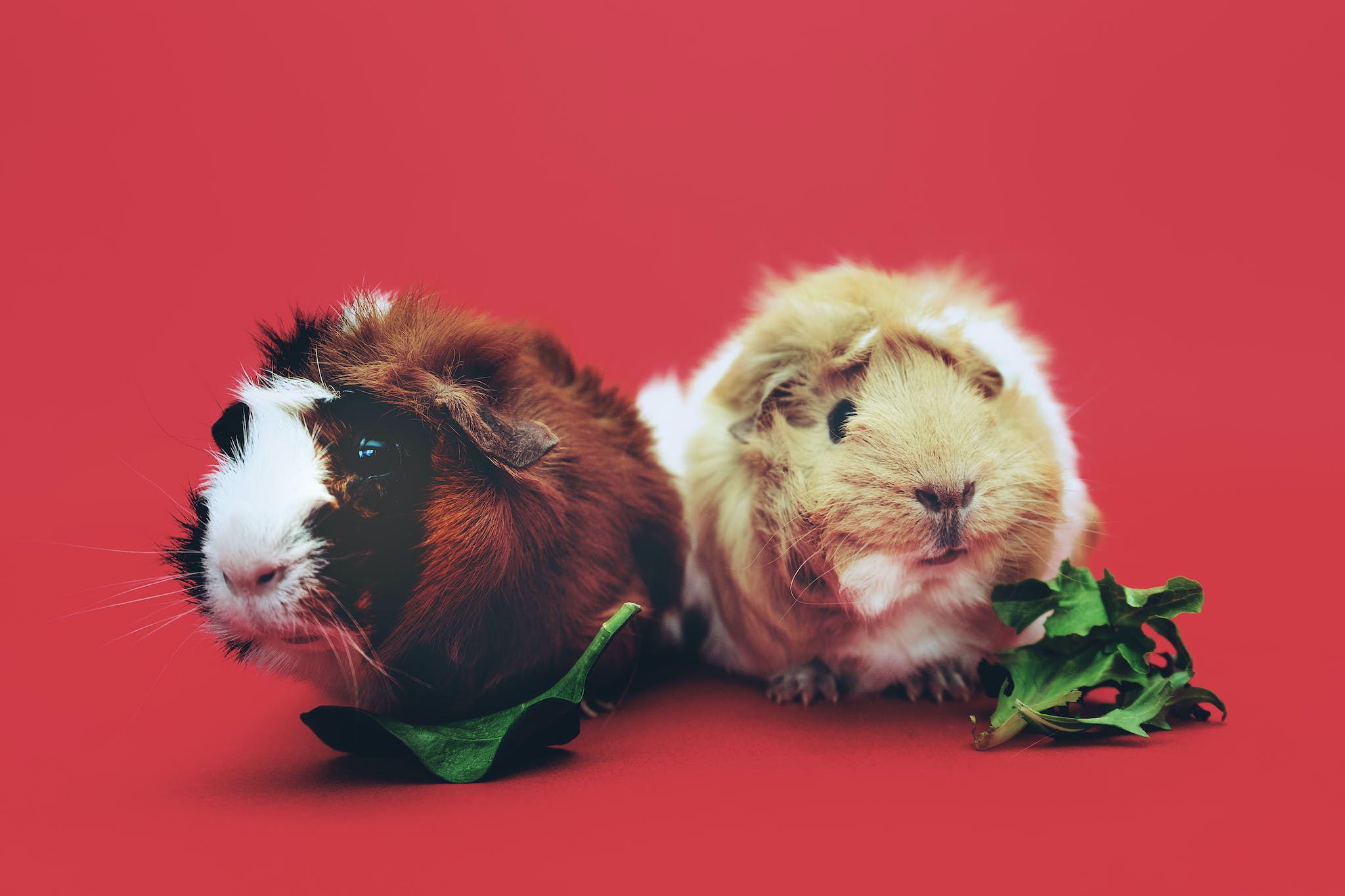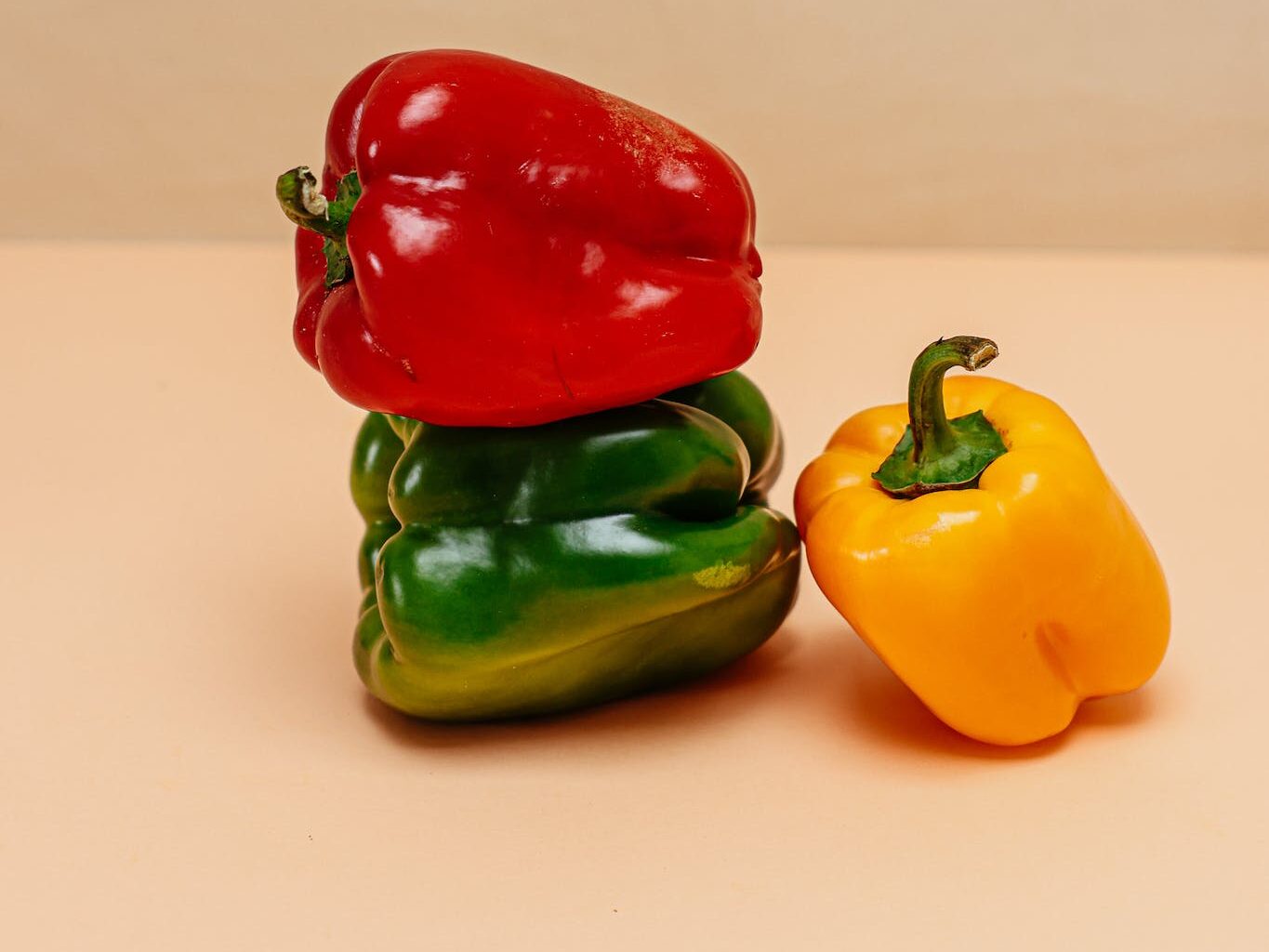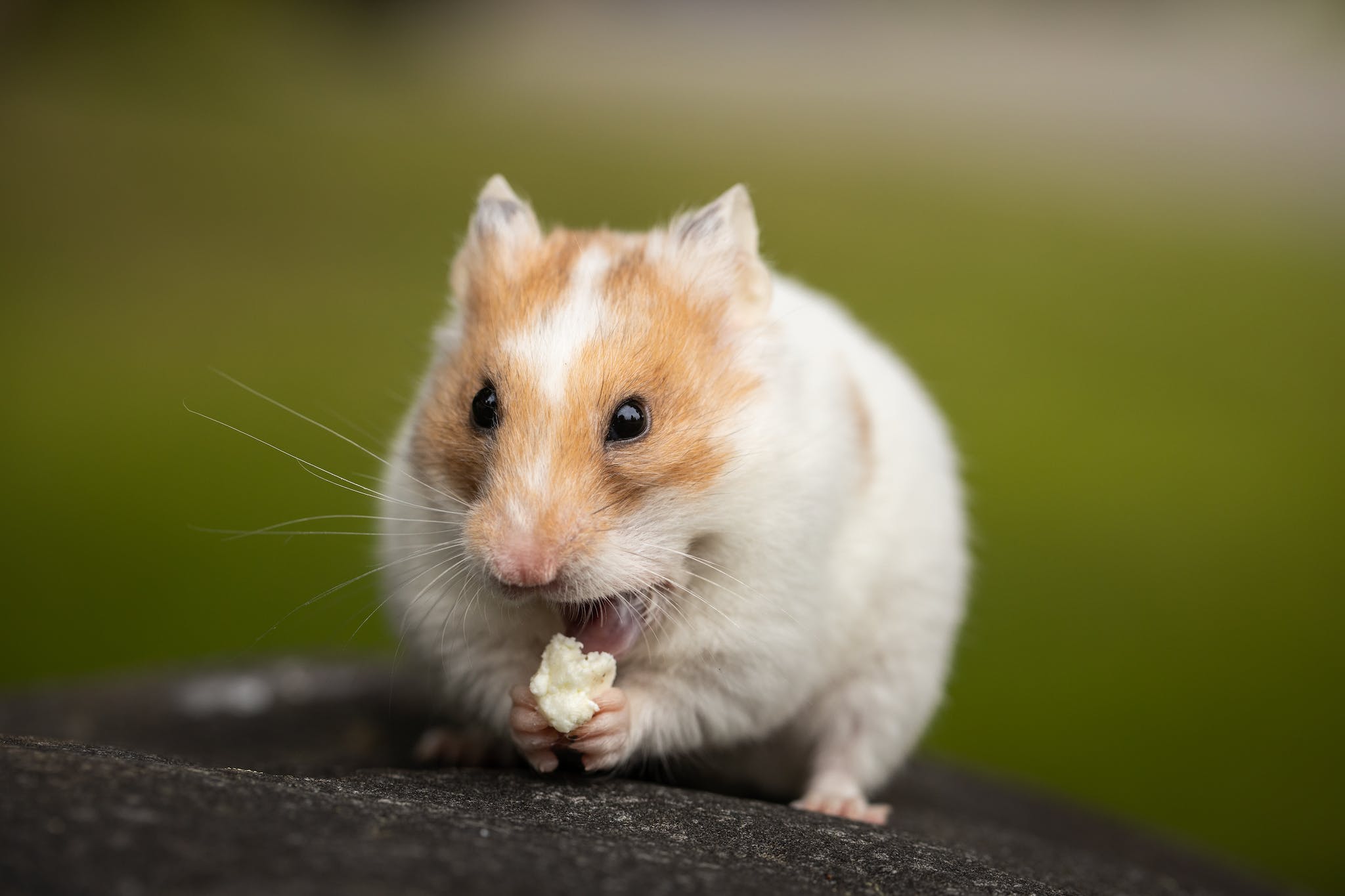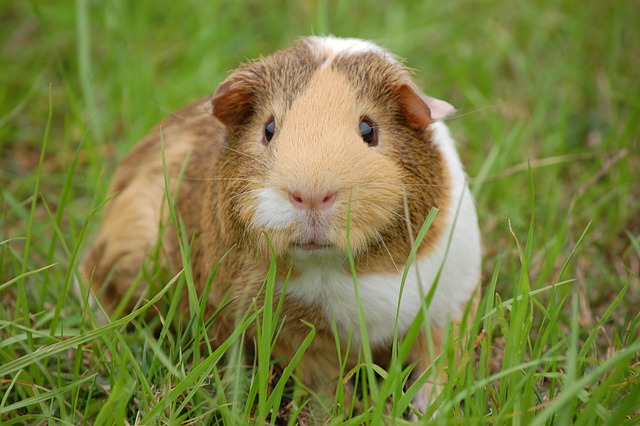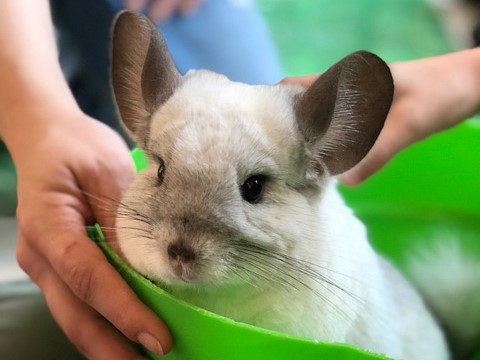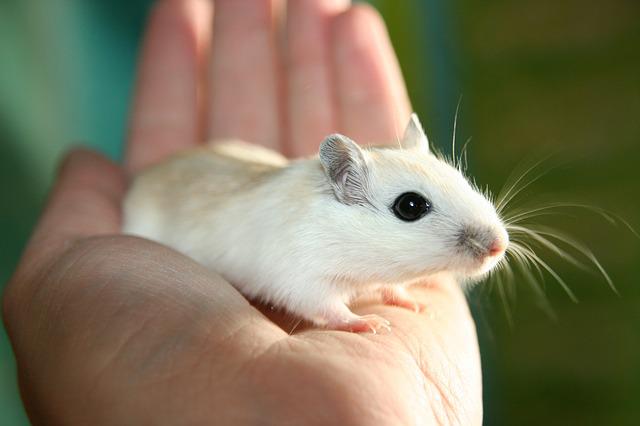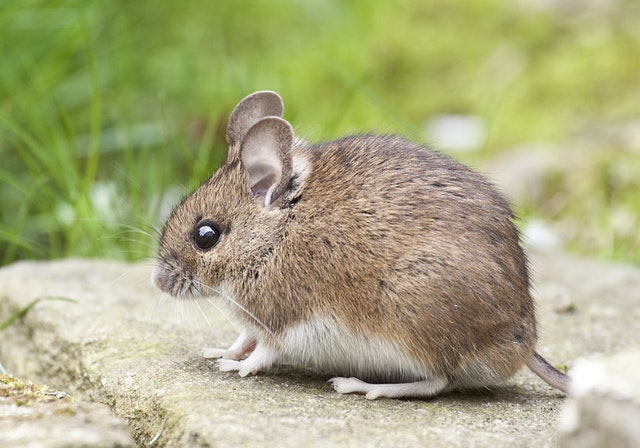Why Should I Get a Guinea Pig as a Pet?
There are some affiliate links below, but they are all products I highly recommend. For more info, view my disclosure here.
If you’re considering getting a new pet, a guinea pig may be a great choice for you. These small, furry creatures are known for their friendly and social personalities, making them excellent family pets. But why should you get a guinea pig specifically? Let’s explore some of the reasons why these adorable animals could be a good idea for you and your household.
First and foremost, guinea pigs make great pets for people of all ages. They are gentle and easy to handle, making them a good choice for families with young children. Additionally, they are relatively low-maintenance pets, requiring only basic care such as feeding and cleaning their cage. This makes them a great option for busy individuals who may not have the time or energy to devote to a more high-maintenance pet.
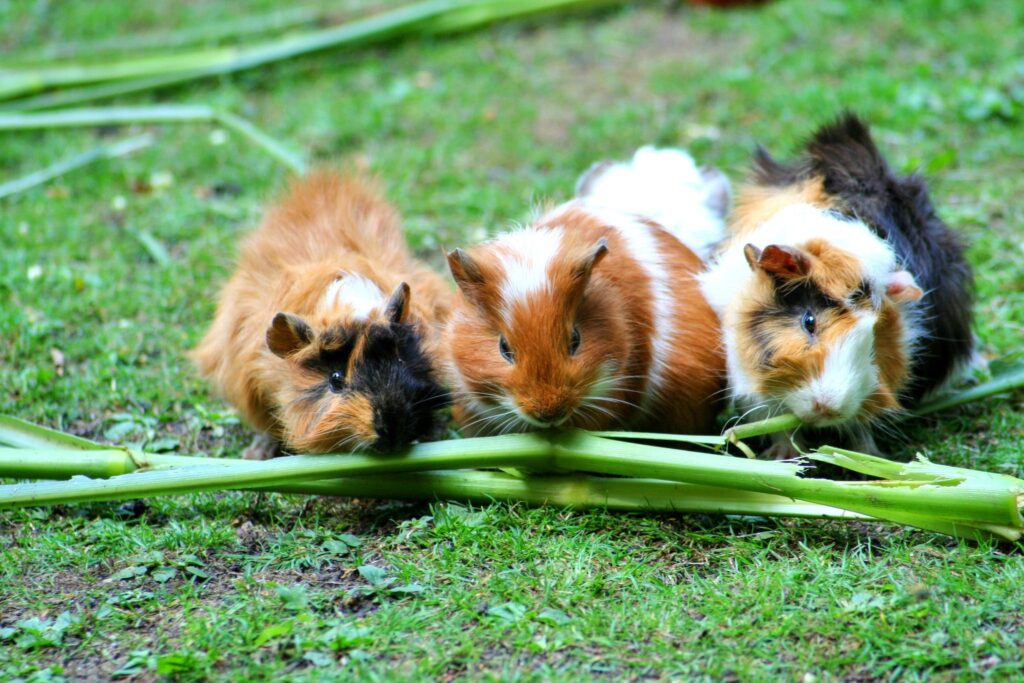
Benefits of Owning a Guinea Pig
Guinea pigs are social and friendly animals that make great family pets. In this section, we will discuss some of the benefits of owning a guinea pig, including their social and friendly nature, ease of care, and educational value for children.
Social and Friendly Nature
Guinea pigs are social animals that thrive on interaction with their owners. They are known for their friendly and affectionate personalities, and they enjoy spending time with people. Guinea pigs are great pets for young children because they are gentle and easy to handle. They rarely bite or scratch, and they are unlikely to cause any harm to children.
Ease of Care
Guinea pigs are relatively easy to care for, making them a great choice for first-time pet owners. They require a clean and spacious living environment, a healthy diet, and regular exercise. Guinea pigs are herbivores, so they need a diet that is rich in fresh vegetables and hay. They also need access to clean water at all times.
Educational Value for Children
Guinea pigs are great pets for children because they provide an opportunity for children to learn about responsibility and empathy. Children can learn about the importance of providing a clean and healthy living environment for their pet, as well as the importance of regular exercise and a healthy diet. Guinea pigs also provide an opportunity for children to learn about the natural behaviors of animals, such as grooming and social interaction.
In conclusion, owning a guinea pig can be a rewarding experience for both children and adults. They are social and friendly pets that are easy to care for and provide educational value for children. If you are considering getting a pet, a guinea pig may be the perfect choice for you.
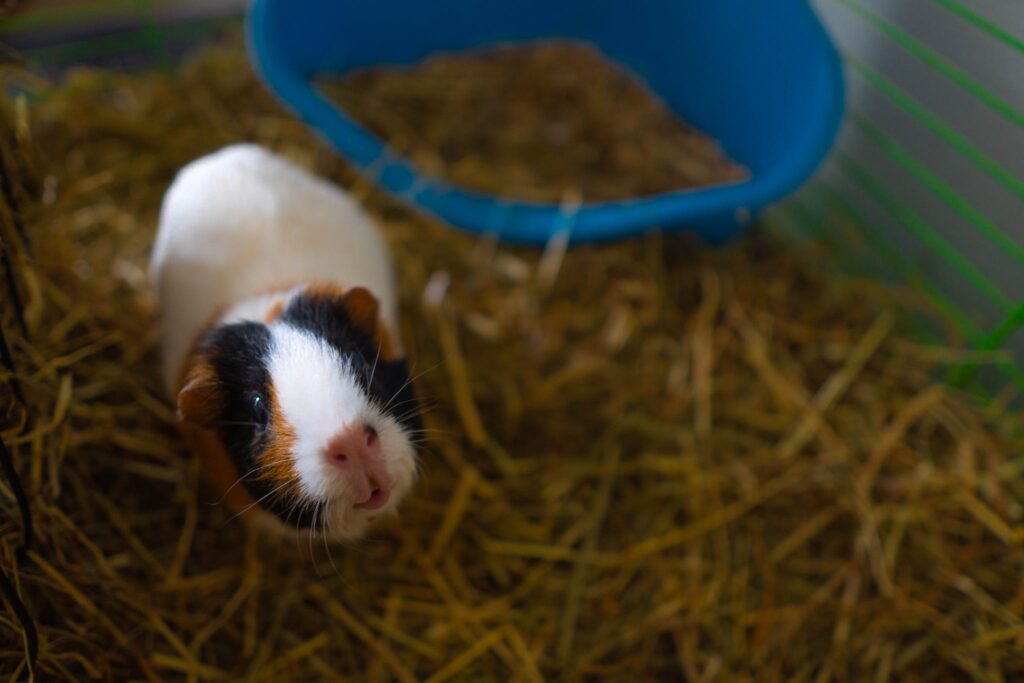
Understanding Guinea Pig Needs
Guinea pigs are social animals that require a lot of attention and care. Before you decide to get a guinea pig, it’s important to understand their needs.
Proper Diet
Guinea pigs require a balanced diet that includes fresh vegetables, grass hay, and vitamin C. They cannot produce vitamin C on their own, so it’s important to provide them with a supplement or a diet that includes enough of this nutrient. Fresh water should always be available, and food bowls should be cleaned and refilled daily.
Habitat Requirements
Guinea pigs need a spacious and safe enclosure that allows them to move around freely. A cage that is too small can cause health problems, such as obesity or respiratory issues. The enclosure should be lined with a soft bedding material, such as fleece or paper bedding, and cleaned regularly.
Health and Wellness
Guinea pigs require regular veterinary checkups to maintain their health and wellness. Annual exams can help detect health problems early on, and ensure that your guinea pig is receiving proper care. Some common health problems in guinea pigs include dental issues, respiratory infections, and skin problems.
Overall, guinea pigs make great pets for those who are willing to provide them with the proper care and attention they need. By understanding their needs and providing them with a safe and healthy environment, you can enjoy the companionship of these adorable and social animals.
Choosing the Right Guinea Pig
When it comes to choosing the right guinea pig, there are a few things you should consider to ensure you find the perfect pet for you.
Different Breeds and Characteristics
Guinea pigs come in a variety of breeds, each with their own unique characteristics. Some popular breeds include the Abyssinian, Peruvian, and American. It’s important to research the different breeds to find one that suits your lifestyle and personality. For example, long-haired guinea pigs require more grooming than short-haired breeds. Additionally, some breeds are more active and playful than others.
Where to Adopt or Purchase
When it comes to adopting or purchasing a guinea pig, there are a few options to consider. Pet stores are a common place to purchase guinea pigs, but it’s important to ensure the store has ethical breeding practices and properly cares for their animals. Another option is to adopt from an animal shelter, which can provide a loving home for a guinea pig in need. Finally, the American Cavy Breeders Association can help you find a reputable breeder in your area.
When choosing a guinea pig, it’s important to consider factors such as age and gender. Female guinea pigs tend to be less aggressive than males, and young guinea pigs can be easier to train and socialize. Overall, taking the time to research and choose the right guinea pig can lead to a happy and fulfilling relationship between you and your new pet.
Guinea Pig Social Life and Companionship
Guinea pigs are social creatures and thrive on companionship. They are known to form strong bonds with their cage mates and enjoy interacting with them. In this section, we will discuss the importance of companionship for guinea pigs and how they interact and bond with each other.
The Importance of Companions
Guinea pigs are not solitary animals and require the company of other guinea pigs to live a happy and healthy life. A single guinea pig may become lonely, bored, and even depressed without a companion. They may also develop behavioral problems and become less active. Therefore, it is highly recommended to keep at least two guinea pigs together.
Pairing guinea pigs of the same sex is the most common way of keeping them together. However, if you plan to keep a male and a female guinea pig together, it is important to have them spayed or neutered to prevent unwanted litters.
Interaction and Bonding
Guinea pigs interact with each other in various ways, such as grooming, playing, and cuddling. They communicate through different sounds and body language, such as purring, chirping, and teeth chattering. It is fascinating to observe their interactions and bond with each other.
When introducing new guinea pigs, it is important to do it gradually and in a neutral territory to avoid any territorial behavior. It may take some time for them to get used to each other, but with patience and proper introduction, they will eventually bond and become great companions.
Guinea pigs are herd animals and require the company of other guinea pigs to live a happy and healthy life. They form strong bonds with their cage mates and enjoy interacting with them. Therefore, it is highly recommended to keep at least two guinea pigs together, and to introduce them gradually and in a neutral territory.
Guinea Pig Exercise and Playtime
Guinea pigs need daily playtime and exercise outside their cage to stay physically and mentally stimulated. Here are some tips for guinea pig playtime:
- Create a safe play area, preferably indoors, using a puppy pen or other fenced space. Cover floors with towels or mats for traction and comfort.
- Provide toys for exercise and enrichment like tunnels, chew toys, and cardboard boxes. Rotate toys to keep things interesting. Supervise play closely.
- Guinea pigs love to run and popcorning (jumping up repeatedly) shows their excitement. But be cautious of falls as guinea pigs have fragile bones.
- Pair or group guinea pigs together for playtime so they can interact and play together. But supervise closely for any conflicts.
- Offer treats like vegetable pieces or timothy hay for foraging enrichment. Scatter treats around the play area to stimulate natural foraging instincts.
Daily playtime and exercise stimulates guinea pigs mentally and physically for better health and wellbeing. Offer a safe play space enriched with toys and activities. Supervise closely and have fun interacting with your cavies!
Setting Up Your Guinea Pig’s New Home
When you bring home your new guinea pig, it’s important to have a comfortable and safe home ready for them. Here’s what you need to know about setting up your guinea pig’s new home.
Choosing the Right Cage
Guinea pigs need a cage that is big enough for them to move around and play comfortably. A good rule of thumb is to have at least 7.5 square feet of space per guinea pig. Make sure the cage has a solid bottom, as wire bottoms can hurt their feet. Also, consider a cage with a secure door and good ventilation.
Bedding and Accessories
For bedding, choose a paper-based bedding or wood shavings that are safe for guinea pigs. Avoid cedar and pine shavings, as they can be harmful to their respiratory system. You can also add some accessories to make their home more comfortable, such as a hiding spot or cardboard box to play in.
Make sure to provide fresh water in a water bottle that is securely attached to the cage. Clean the water bottle daily to prevent bacteria growth.
Overall, providing a comfortable and safe home for your guinea pig is essential for their health and happiness. With the right cage, bedding, and accessories, your guinea pig will love their new home.
Owning a guinea pig can be an incredibly rewarding experience, but it also comes with a lot of responsibility. Providing your guinea pig with proper housing, nutrition, grooming, hygiene, exercise, playtime, and companionship is essential to keeping them happy and healthy.
Guinea pigs require spacious cages, balanced diets of hay and vegetables, regular brushing and nail trims, occasional baths, ample exercise time, and interaction with fellow cavies.
By understanding their care needs and setting up the proper habitat, you can feel confident that your guinea pig will thrive in their new home. With their sweet and lively personalities, guinea pigs make wonderful pets for both children and adults when given the proper love and care.
